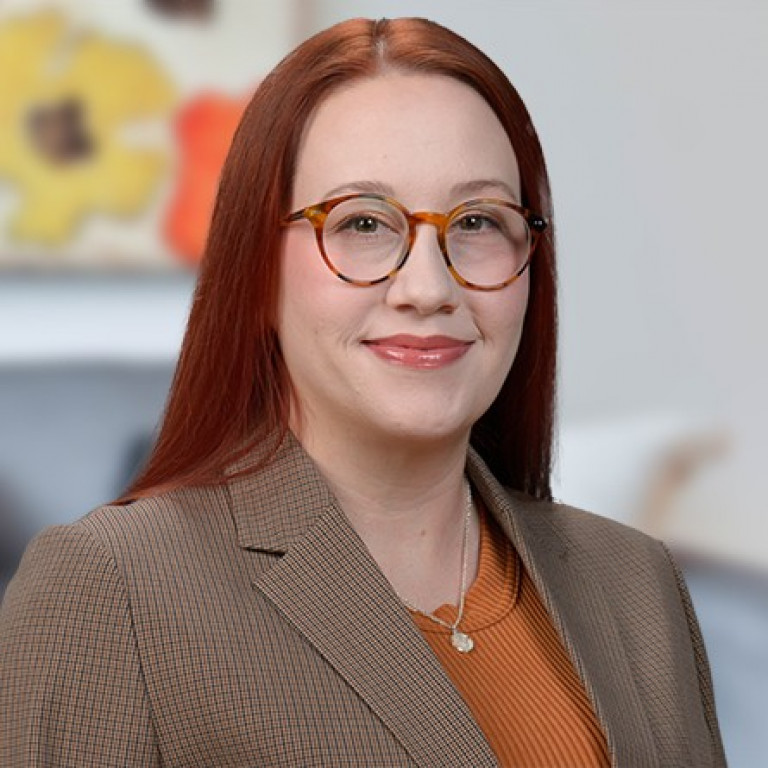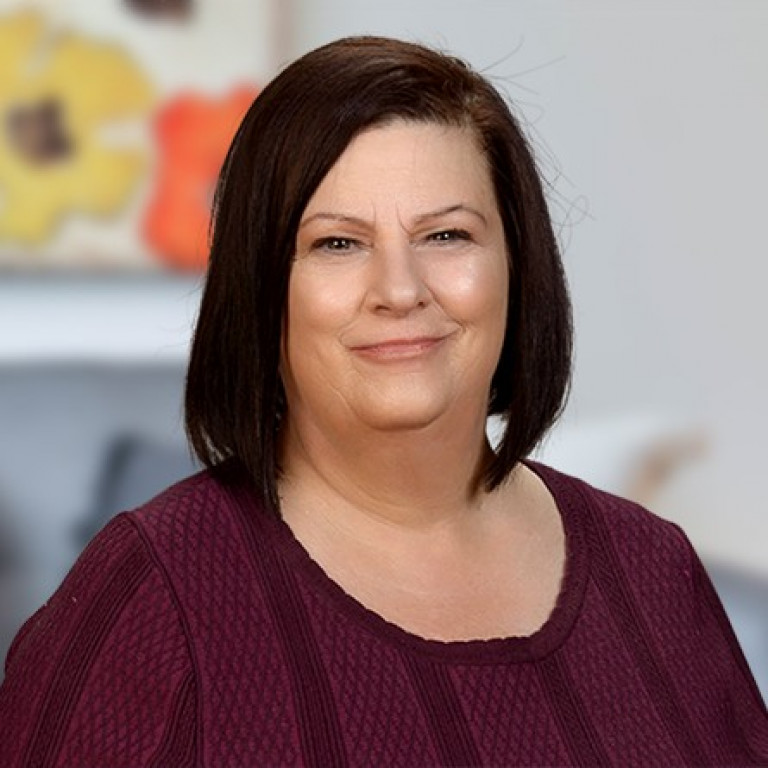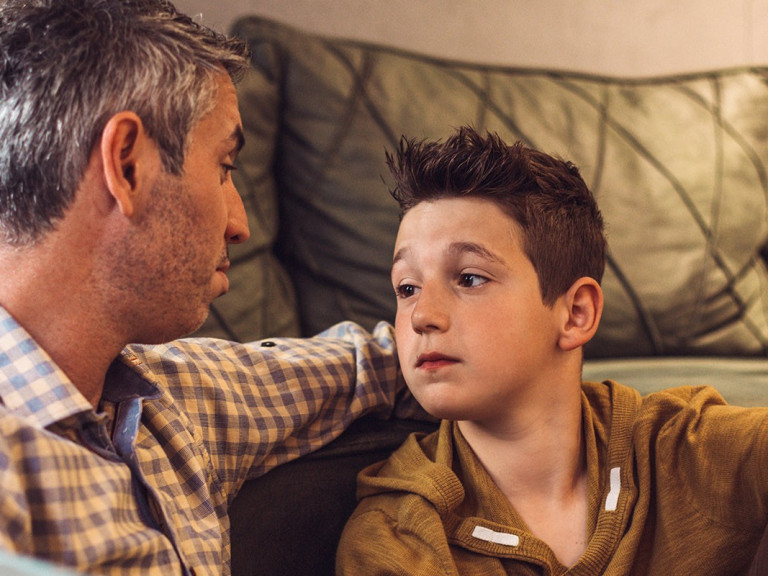Treatment for Autism Spectrum Disorder
Your child’s pediatrician has just diagnosed autism, and you're wondering how to move forward. Or perhaps you suspect autism may be contributing to your child’s developmental delays but aren’t sure it’s the answer. Maybe you’re wondering if you have autism yourself. Where do you go from here?
Autism and autism spectrum disorder (ASD) refers to a range of conditions characterized by social skills, repetitive behaviors, speech, nonverbal communication, and emotional regulation challenges. There are many ways that autism can present, and at Goodman Psychologist Associates, we can help parents and patients navigate the waters of an ASD diagnosis.
At Goodman, we offer supportive therapy for verbal ASD patients with high-to-moderate function. Although ASD can surface with many different symptoms, it is typically diagnosed at an early age, so family support is often a necessity. Supportive therapy can assist those with mild ASD and help them manage symptoms.
Autism Spectrum Disorder in Children
Autism, Asperger syndrome, and developmental disorders all fall under the ASD diagnosis. Since 2013, the American Psychiatric Association recognizes four autism-related diagnoses—autistic disorder, childhood disintegrative disorder, pervasive developmental disorder (not otherwise specified), and Asperger syndrome—under autism spectrum disorder or ASD.
But that doesn't reach a more profound question of what an ASD diagnosis means for your child.
First of all, it's essential to understand that although many stigmas surround this diagnosis, views on ASD have significantly changed and expanded over the last several years. ASD is undoubtedly not a disorder to fear or despair. On the contrary, many people with ASD see the world uniquely and beautifully. Many people on the spectrum have made enormous contributions to society and the world around them—in art, science, mathematics, and more.
As with any diagnosis, managing ASD means managing the symptoms and expressing yourself with confidence. At Goodman, we often help patients and their families discover their strengths. An ASD diagnosis is the beginning of the journey.
People with ASD often experience deficits in age-appropriate social functioning and peer-related social relationships. ASD is defined by challenges in communication, difficulties expressing emotions, and struggles to understand the pragmatics of expression, like sarcasm or dark humor.
Because autism is considered a spectrum disorder, each person with autism has different strengths and challenges in thinking, learning, and problem-solving. In addition, the development of autism may be influenced by several factors; sensory sensitivities and medical issues such as gastrointestinal (GI) disorders, sleep disorders, and mental health challenges like anxiety, depression, and attention disorders often accompany it.
In many children, symptoms of autism appear by age two or three. However, some associated developmental delays may arise earlier and can be identified as early as 18 months. Early intervention is often key to positive outcomes later in life, but it is certainly not the only factor.
What to Expect During Your Visit
At Goodman, we always want to make you feel comfortable and welcome during your visit for any concern or diagnosis. With ASD, many families are unsure of their path forward. They may wonder how to coordinate the proper support for their child or question what the diagnosis means for their child's future. Caretakers may also struggle with feelings of overwhelm and guilt—concerned that they somehow contributed to factors that resulted in the ASD diagnosis.
Supportive therapy for ASD is here to help patients and their families find balance in their lives as they address and manage the symptoms of ASD. At Goodman, we take a multi-disciplinary approach, first ensuring that families have a confirmed ASD diagnosis.
We may help families by coordinating with their child's school to ensure access to all available services. We may also coordinate with other supportive therapies like physical therapy and occupational therapies. If appropriate, we may refer patients for ABA, or Applied Behavioral Analysis therapy, which is often home-based and assists patients with day-to-day functioning. These therapies can help meet a child wherever they are in their autism journey and can help caretakers find practical strategies to support and connect with their child.
During therapy, we often work with kids to help them learn how to express their emotions. As they get older, we can help them understand their diagnosis and find ways to embrace their unique strengths. We can assist them with organizational and coping strategies and the flexibility to process changes in their lives (something that's often a challenge for those with ASD).
Caretakes and parents learn de-escalation strategies, planning, and supportive techniques to help their child identify emotions, self-regulate, and live their fullest life. Parents and caretakers may want to learn more about the diagnosis, and we assist them in understanding what ASD means for their child. In addition, we often review how to handle sensory sensitivities and help kids feel the comfort of parental and familial support.
As kids get older, we may also help them advocate for themselves. We'll discuss how they can feel comfortable explaining their needs to their peers. With older patients, we may spend time individually meeting well as meeting with parents.
ASD in Adults
Unfortunately, in the past, there were a lot of stigmas surrounding ASD. Many adults may wonder if they are on the spectrum and what that might mean for their future. Some people may not have been diagnosed with ASD when they were younger, or they may not have received supportive therapy, making them feel like something is "wrong," or they don't fit in.
As we, as a society, get more comfortable discussing and embracing mental health, we're starting to see that any diagnosis, psychological or physical, isn't a cause for shame or sadness. Instead, a diagnosis is a guidepost on your journey forward, but it doesn't predict the path or the destination.
Adults with ASD may find that they struggle with forming and holding onto social relationships. They may display cognitive rigidity—difficulties in changing their routine or behavior. They may express a high interest in certain areas or have problems regulating their emotions and behaviors. Adults with ASD may struggle with executive functioning. They may also react strongly to certain noises, textures, and other sensory inputs.
For many adults, therapy can offer assistance in moving forward. Some adults may have other diagnoses like anxiety disorder or depression related to their ASD. Alternatively, they may think they have an ASD diagnosis when it's social anxiety or an attention deficit disorder. When patients meet with our trained and caring therapists, we can help them bring clarity to their situation and make decisions on their course of treatment.
If you parent a child with ASD or suspect you have ASD yourself, know that you don't need to walk this path alone. At Goodman, our trained and licensed therapists are here to help. So reach out today to schedule an appointment and take the next steps forward.






























